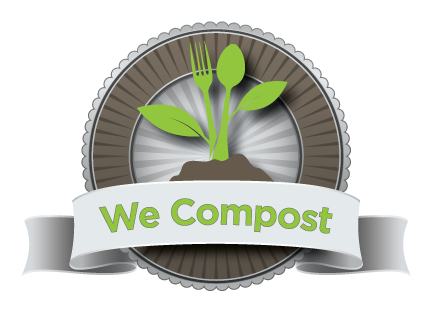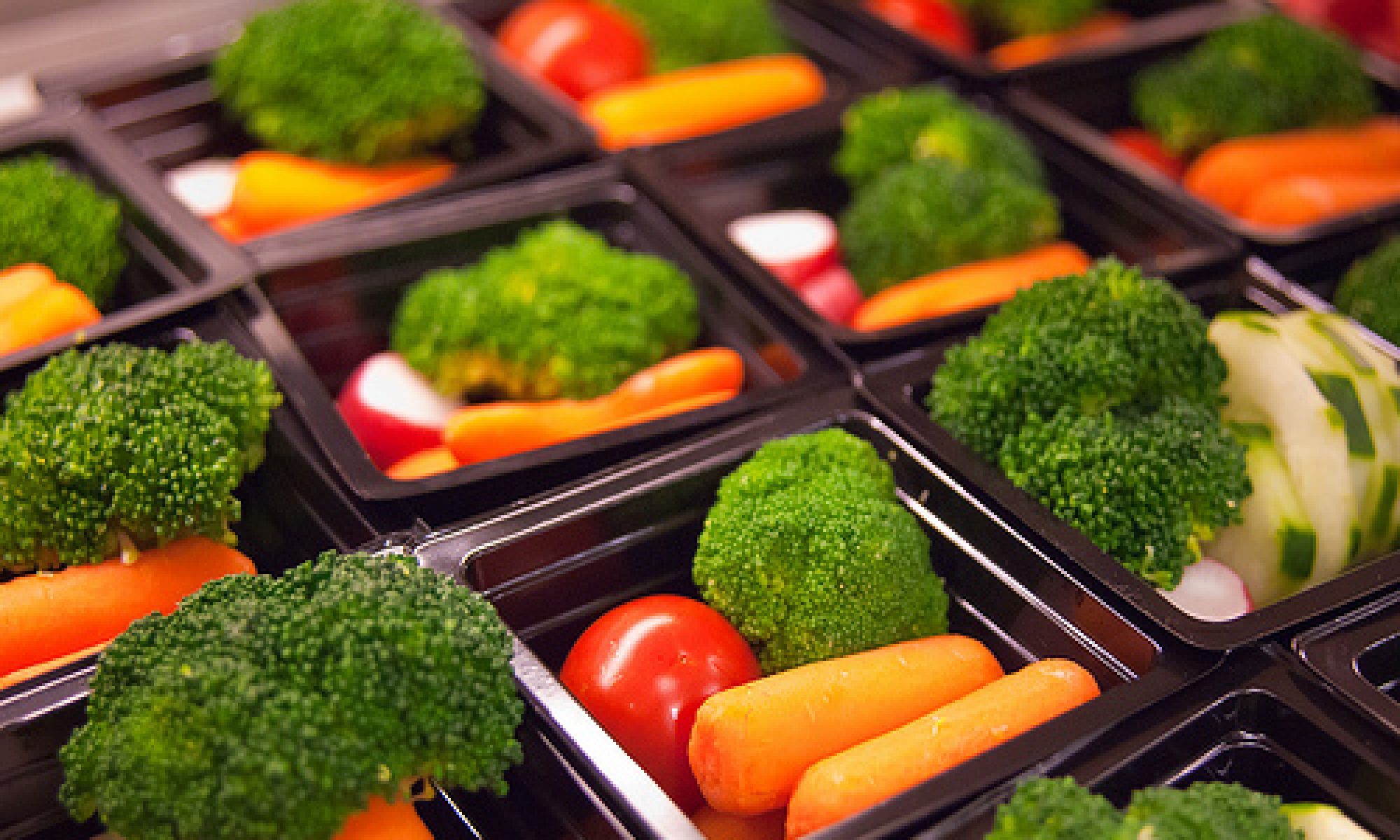
Below are some recent examples of composting programs at K-12 schools, colleges, and universities. If you’re in IL and your school is composting on-site or via a commercial composting program, I encourage you to seek out “We Compost” recognition via the Illinois Food Scrap & Composting Coalition (IFSCC). The Illinois Sustainable Technology Center (ISTC) is a proud organizational member! Learn more at https://illinoiscomposts.org/we-compost/ and check out the list of IL universities and schools that have already been recognized at https://illinoiscomposts.org/we-compost/universities-schools/.
K-12 schools
- Park City, UT students divert thousands of pounds of food waste through lunchtime composting program. “PARK CITY, Utah — Lunchtime at Jeremy Ranch Elementary School comes with the usual din of children laughing, eating, and talking, but as the kids finish their food something different happens. Each child makes their way to plastic bins in the middle of the cafeteria and begins to sort the items left on their tray between those that can and can’t be composted. Student members of the school’s Green Team supervise their peers during this process. They help younger classmates put food and garbage into the right bins, and correct any mistakes…This is all a part of Jeremy Ranch Elementary’s composting program, which is run in collaboration with the Parent Teacher Organization, and community partners like EATS Park City, Recycle Utah, and Spoil to Soil. Similar programs have popped up in schools throughout Park City School District.” Read more at https://townlift.com/2023/03/park-city-students-divert-thousands-of-pounds-of-food-waste-through-lunchtime-composting-program/.
- Natick’s Wilson Middle school enriched with cafeteria composting program. [Massachusetts] “On their way back to class, the 5th-8th graders make their way over to bins and commence participation in the 4-week old WMS composting program. Whatever is left over on their trays, they sort for proper disposal. Items such as plastics, styrofoam containers, tin foil, and wax-coated paper plates go into the trash en route to a landfill. But thanks to the school’s new composting program, food scraps, soiled paper products, and certified compostable tableware go into bins lined with compostable bags. From there, Black Earth Compost comes to the school weekly to collects the food waste, which it turns into nutrient-rich compost…It took the leadership efforts of two WMS 8th graders to move the needle forward. Jojo Flynn and Lily Wheeler knew the local infrastructure was in place to accommodate a composting program at Wilson. After all, hundreds of Natick households were involved, plus the high school already had a successful composting program. They wondered why their school wasn’t doing the same. So Jojo and Lily took the issue up with school administration and got in contact with Natick’s Director of Sustainability, Jillian Wilson-Martin. It turns out the support was there, but the initiative needed a push from conservation-minded activists ready to get involved.” Read more at https://www.natickreport.com/2023/03/naticks-wilson-middle-school-enriched-with-cafeteria-composting-program/.
Colleges & Universities
- Scraps to soil: How Princeton’s food waste is recycled on and off campus. ‘Every day, Princeton students eat food in dining halls, dutifully scrape their leftovers into metal chutes labeled “Food Waste & Napkins,” and move on with their days…”A food scrap actually has a lot of value when you return it to the earth in a responsible way,” Food Systems Project Specialist Gina Talt ’15 emphasized…On campus, she manages the composting program at Princeton’s S.C.R.A.P. (Sustainable Composting Research at Princeton) Lab. The lab, affectionately known as “Scrappy,” launched in 2018 through a grant secured by the Office of Sustainability. The project operates year-round, using small-scale composting technology to process food and turn it into nutrient-dense soil to be used as fertilizer on Princeton’s grounds.’ Read more at https://www.dailyprincetonian.com/article/2023/03/composting-and-reuse-of-princeton-food-waste-trenton-biogas-methane-scrap-lab.
- Sustainability Office’s composting program wins state award. “SUNY Oswego’s Office of Sustainability and its manager, Kate Spector, have earned the 2022 College Recycling Leadership Award from the New York State Association of Reduction, Reuse and Recycling (NYSAR3) for its composting project…In its first year, the composting pilot project diverted more than 80,000 pounds of food waste from landfills and incinerators, attracting many supporters and becoming implemented at all dining facilities…With this program, both pre-consumer food waste and non-donatable leftover food scraps were composted. Additionally, this program allowed for Bristol Hill Transfer Station to work towards becoming a designated organics recycling location.” Read more at https://www.oswego.edu/news/story/sustainability-office%E2%80%99s-composting-program-wins-state-award.
